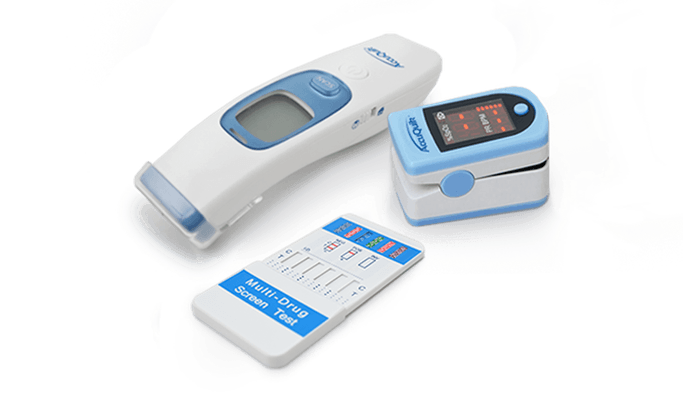What are Immunology Tests?
Immunology tests refer to a variety of laboratory tests for assessing the function of the immune system and detecting specific immune responses. These immunology instruments can help to evaluate the immune system's ability to recognize and respond to pathogens, allergens, or abnormal cells.
The purpose of tests for the immune system is to provide immunodiagnostic, prognostic, and monitoring information related to immune system disorders, autoimmune diseases, allergies, infections, and certain types of cancer. They include blood tests, IGG IGM tests (immunoglobulin tests), antibody tests, antigen tests, and similar pathology tests and are extensively used in medical laboratories, hospitals, clinics, and research settings.
The main benefits of conducting immune system tests include:
- Diagnosis of various immune system disorders, autoimmune diseases, and allergies
- Prognostic information gained relating to disease progression, treatment response, and overall patient outcomes
- Monitoring the activity of immune-related diseases with an immune response test will show if the adjustment of treatment is needed
- Allergy testing and management is aided by immunodiagnostic testing
- Infections caused by certain pathogens, including bacteria, viruses, and parasites can be detected
- Screening tests to identify individuals at risk for certain diseases or conditions
- Immunity tests are used for research purposes, including studying the immune response to various diseases, developing new diagnostic tools, and assessing the efficacy of immunotherapies or vaccines


